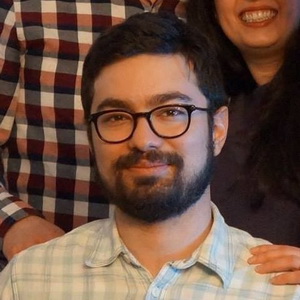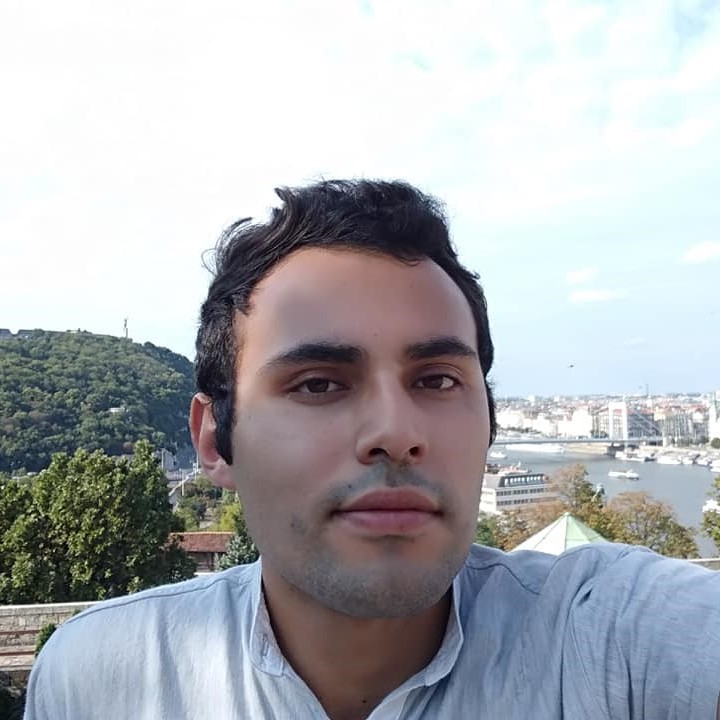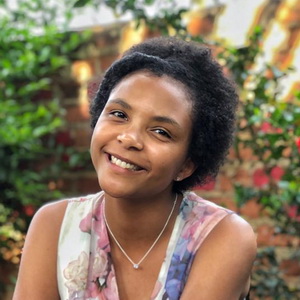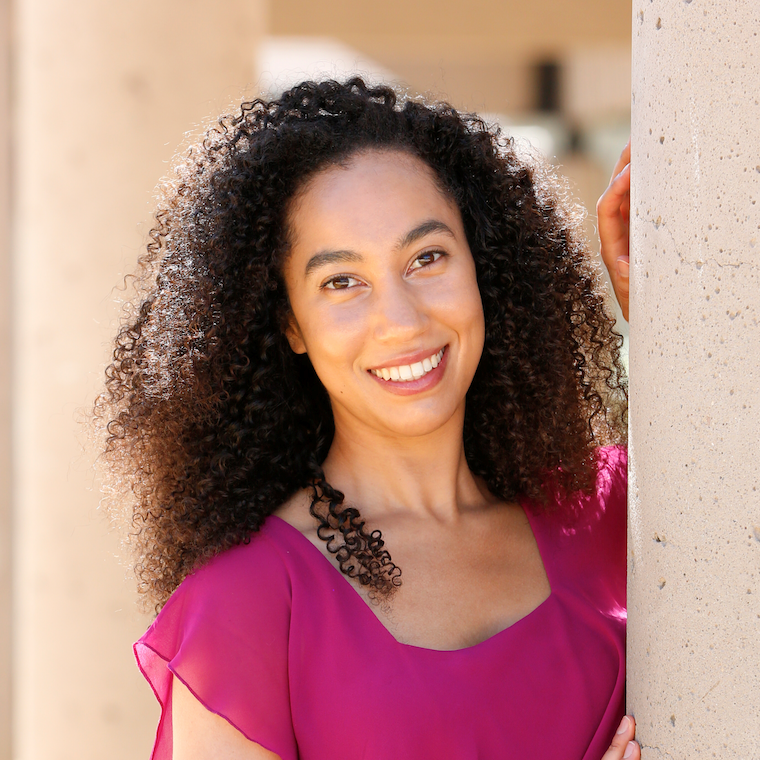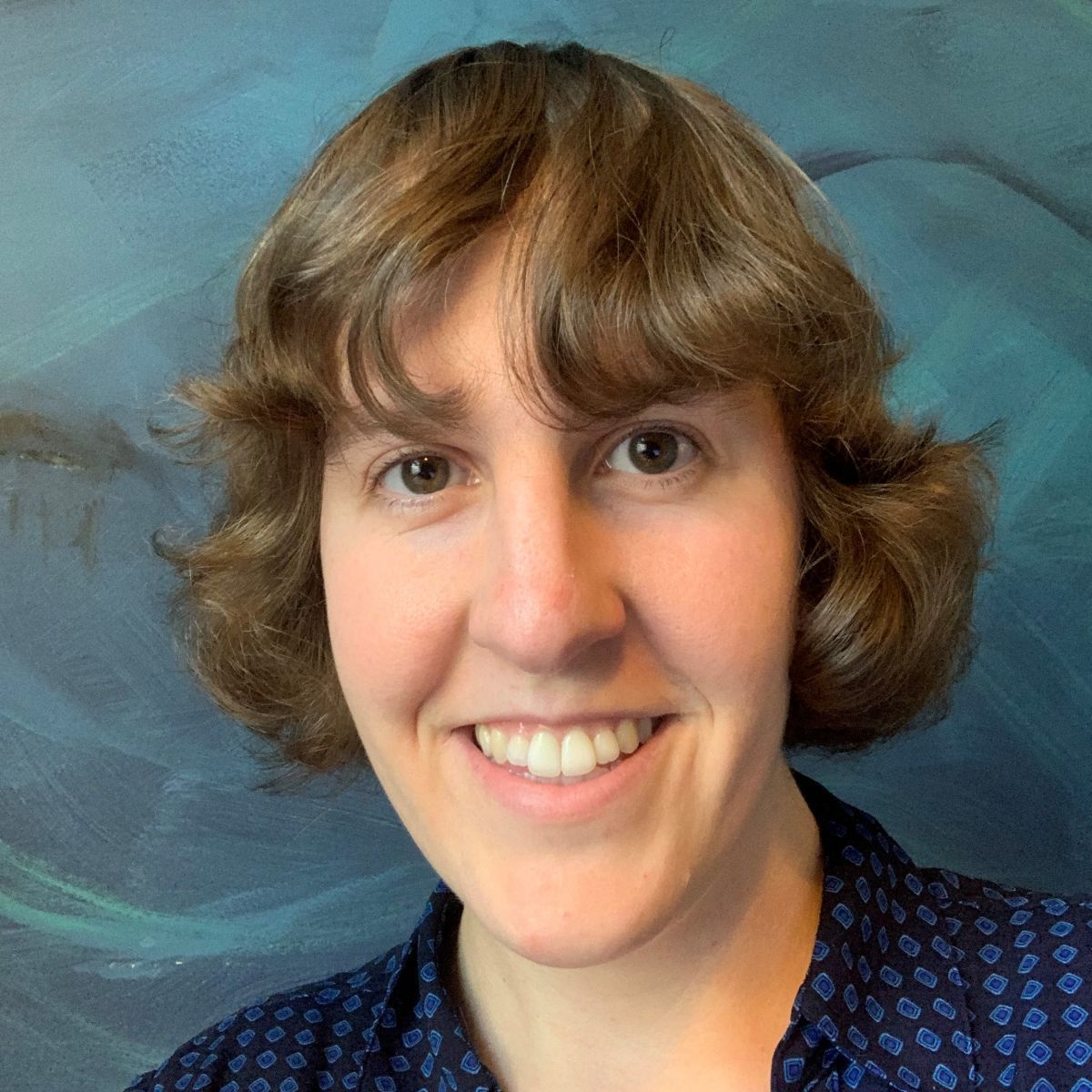La Crisi dell’acqua in Iran
Il tempo scorre e dobbiamo fare tutto ciò che è in nostro potere per salvaguardare l’acqua, la sorgente stessa della vita.
Iran, Western Asia
Story by Mani Nouri. Translated by Sati Nunziati
Published on January 26, 2020.
This story is also available in 




Sono una ragazza iraniana che recentemente si è laureata a Montreal dove le nevicate sono molto abbondanti durante l’inverno, cosa alquanto seccante, ma che allo stesso modo mi rendono nostalgica. Ogni volta che ho difficoltà a passare attraverso mezzo metro di neve per arrivare all’Università, torno con la mente alla mia infanzia a Tehran, la capitale dell’Iran, dove ho vissuto per gran parte della mia vita. Ripenso a quelle notti in cui nervosa, mi preparavo agli esami che avrei dovuto affrontare il giorno seguente. Mentre studiavo nella mia stanza guardavo fuori dalla finestra e all’improvviso i fiocchi di neve incominciavano a scendere dal cielo tutti insieme, sembravano piccoli angeli. Come tutti gli altri studenti, fissavo la televisione, aspettando ansiosamente l’annuncio al telegiornale della chiusura delle scuole a causa dell’abbondante nevicata.
Provo tristezza per le nuove generazioni, per non aver avuto la possibilità di vivere quelle notti così elettrizzanti. Oggi, a Tehran, la bella e candida neve non è più la causa principale per la chiusura delle scuole, ma è stata rimpiazzata dall’inquinamento atmosferico. Durante l’inverno lo smog è un fantasma che vaga sopra i grattaceli della città, che può causare la chiusura delle scuole per giorni, perché troppo pericoloso o, semplicemente, per ridurre il traffico urbano.[1]
Quello che ho imparato è che la neve è molto di più che solo la causa della chiusura della scuole. Estremamente più importante è il fatto che la neve è ciò che ci fornisce l’essenza della vita, ovvero l’acqua. Particolarmente a rischio è l’agricoltura che fa affidamento sullo scioglimento delle nevi provenienti dalle montagne per irrigare i vasti campi durante la siccità estiva. In Iran, la maggior parte delle piogge avviene durante la stagione fredda, infruttuosa per gli agricoltori, durante la quale le attività agricole sono ridotte al minimo.
Nel momento in cui inizia la stagione calda e le piogge iniziano a diminuire, di conseguenza il bisogno di acqua per gli agricoltori aumenta. Qui viene in aiuto la dolce neve che si scioglie formando correnti d’acqua che scendono dalle colline verso i campi. Inoltre è molto importante sapere che questa si infiltra in profondità nel terreno, andando a confluire in falde d’acqua sotterranee che si sono formate in migliaia, se non in milioni di anni; queste riserve sono il tesoro che gli agricoltori iraniani utilizzano per irrigare i loro campi.
Ma questo tesoro non è illimitato se non viene trattato come tale. Ne è di esempio Isfahan, la capitale culturale dell’Iran dove spesso mi reco per fare visita alla mia famiglia, dove il fiume Zayandeh-rud (letteralmente “il fiume che dona la vita”) ha perso quel tocco vivace che donava alla città in passato. Parte delle sue acque sono state deviate nella provincia di Yazd, a sud-ovest rispetto a Isfahan, per irrigare risaie che si trovano nel bel mezzo del deserto!
Ed è esattamente insostenibile come sembra: le colture ad alta intensità idrica come il riso e l’anguria qui in Iran sono molto abbondanti perché il Governo sta cercando di perseguire un piano per l’autosufficienza agricola. E questo non è tutto: attualmente stiamo producendo abbastanza surplus da essere in grado di poter esportare questo tipo di prodotti. In aggiunta ci sono i vecchi metodi di irrigazione e le incuranti costruzioni di dighe. Questo ci può far immaginare che i costi sopportati dalla già fragile ecologia iraniana sono molto più alti di quanto essa sia in grado di sopportare.[2]
Cosa più grave è che la maggioranza delle persone non è consapevole dei problemi legati alle questioni ambientali, ma peggiore è il fatto che il Governo lo sia ancora meno. Le problematiche relative all’ambiente sono oggi percepite come normali all’interno della società, anche se di fatto sono molto lontane dall’essere nella norma. Infatti nuovi studi dimostrano come un quarto della popolazione mondiale sta affrontando una disastrosa crisi dell’acqua![3] Nonostante ciò, l’Iran, come molti altri Paesi, sembra esserne indifferente, e lascia che la Natura cerchi di risolverli da sola.
Il tempo scorre e dobbiamo fare tutto ciò che è in nostro potere per salvaguardare l’acqua, la sorgente stessa della vita. In questa lotta tutti i Paesi dovrebbero supportarsi a vicenda, perché le conseguenze di una negligenza ambientale faranno crollare, prima o poi, l’intero Pianeta. La realtà è che non c’è nessun altro posto dove possiamo scappare dal nostro “Pianeta Blu”, quindi perché non cominciare oggi stesso a cambiare le nostre abitudini per non sprecare più acqua?
Note
[1] Want to read more about air pollution in other countries? Check out Anna's story on air pollution in Uganda: https://correspondentsoftheworld.com/story.php?story=air-pollution-in-kampala-uganda-2
[2] Madani, Kaveh, Amir AghaKouchak, and Ali Mirchi. "Iran’s socio-economic drought: challenges of a water-bankrupt nation." Iranian studies 49, no. 6 (2016): 997-1016. http://amir.eng.uci.edu/publications/16_IR_Socio_Economic_Drought.pdf
[3] Sengupta, Somini Sengupta, and Weiyi Cai. "A Quarter of Humanity Faces Looming Water Crises." The New York Times. Last modified August 6, 2019. https://www.nytimes.com/interactive/2019/08/06/climate/world-water-stress.html.
How does this story make you feel?
Follow-up
Do you have any questions after reading this story? Do you want to follow-up on what you've just read? Get in touch with our team to learn more! Send an email to [email protected].
Talk about this Story
Please enable cookies to view the comments powered by Disqus.
Subscribe to our Monthly Newsletter
Stay up to date with new stories on Correspondents of the World by subscribing to our monthly newsletter:
Other Stories in Italiano
Explore other Topics
Get involved
At Correspondents of the World, we want to contribute to a better understanding of one another in a world that seems to get smaller by the day - but somehow neglects to bring people closer together as well. We think that one of the most frequent reasons for misunderstanding and unnecessarily heated debates is that we don't really understand how each of us is affected differently by global issues.
Our aim is to change that with every personal story we share.
Community Worldwide
Correspondents of the World is not just this website, but also a great community of people from all over the world. While face-to-face meetings are difficult at the moment, our Facebook Community Group is THE place to be to meet other people invested in Correspondents of the World. We are currently running a series of online-tea talks to get to know each other better.











